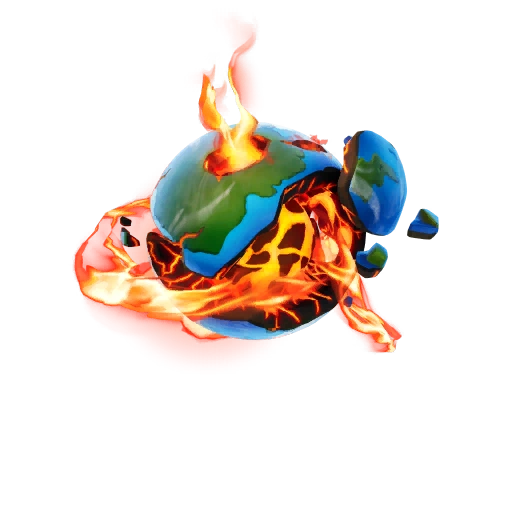the other is never the enemy”
- by Mauro Magatti
The historical period following the tragedies of the
first part of the 20th century had led us to believe that humanity had finally
freed itself from the need to search for an enemy to fight in the face of the
other.
That pluralism was now an established fact.
That those who are different – in culture, gender,
language, religion, social position, worldview – could be part, in their own
right, of common life.
The events of these last years and days (after Ukraine
and Gaza, the Israel-Iran escalation, what is happening in California and
Ireland) force us to acknowledge that things are more complicated.
We are not moving towards a world more capable of
inclusion, understanding and coexistence.
On the contrary, we are witnessing a slow retreat in
the recognition of the other.
Otherness, far from being welcomed, is increasingly
perceived as a threat.
The signals are so numerous and widespread that it is
no longer possible to ignore them.
The partner who disappoints expectations becomes an
obstacle to our self-realization.
To the point of being killed in some cases.
The foreigner who seeks refuge is treated as an
invader.
The different is perceived as a mistake to be
corrected.
The neighboring country becomes a land of conquest.
Regardless of the scale, the dynamic is always the
same: first the other is distanced, then opaqued, finally deprived of face and
speech.
Reduced to an object to be classified, a danger to be
eradicated.
And, finally, an enemy to be fought.
In an increasingly fragmented society, intolerance is
increasing.
In the public sphere, positions become polarized,
language becomes bellicose, categories become rigid.
Differences are no longer an opportunity for
comparison but trenches to be defended.
And to make matters worse, there are also digital
platforms that favor new forms of tribalism and closure.
We live in a cultural paradigm that leads us to defend
our/my clod of well-being, power or identity at all costs.
Every change, every sign of transformation, every
unexpected event is perceived as a threat.
To the point that even the skills needed to manage the
complex relationship with the concrete other are being lost.
We are sliding down a slope, with an uncertain
outcome.
However, it is not too late to reverse the trend,
provided we become aware of the situation before it gets even worse, before
distrust and self-absolution make our isolation irreversible.
Getting out of this drift requires recognizing that
the other does not represent an obstacle to our well-being, but an essential
condition of our humanity.
"No one should ever threaten the existence of the
other," Pope Leo said yesterday at the end of the Jubilee audience.
No one grows, realizes himself or becomes fully
himself without the encounter, sometimes tiring but always transformative, with
that which is different from himself.
No society is possible without the difficult but
exciting exercise of dialogue and encounter, which regenerates the social and
cultural fabric.
Fixated on a rigid principle of identity, we lose the
beauty of life that comes from meeting, listening, welcoming.
And certainly not from erecting barriers to defend
ourselves from the entire world.
"Let's go back to building bridges - the Pope
again, yesterday - where today there are walls.
Let's open doors, connect worlds and there will be
hope".
Undoubtedly, the relationship with the other always
involves a risk.
The relationship is intrinsically exposed to the
possibility of injury.
Thinking that we can sterilize this risk means
impoverishing our own life.
Which, by folding in on itself, ends up withering.
It is therefore necessary to actively commit to
promoting a new culture of coexistence.
It is not a simple tolerance, which preserves the
status quo by keeping our distance, but rather a mutual hospitality, capable of
generating bonds, shared projects and new narratives.
This principle applies to local communities as well as
global institutions, families, schools, businesses, politics and religions.
In a society where otherness becomes a problem,
healing begins with the disarming of absolute claims.
It is essential to recognize that the world does not
belong to us, but has been entrusted to us in common, that our identity is
intrinsically relational and that freedom does not consist in doing what one
wants, but in knowing how to share spaces, times, resources and aspirations
with others.
Ultimately, it is about choosing what kind of world we
want to inhabit: whether to remain trapped in the logic of the clod, each
entrenched in his own enclosure, clearing out everything that is outside his
schemes or whether we are willing to build a new relational ecology.
Only by knowing the face of the other can we also find
our own.









